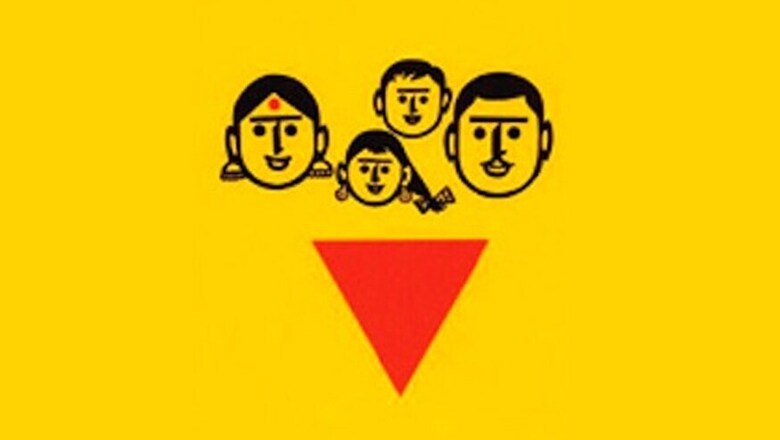
views
New Delhi: The Supreme Court may soon be deliberating on the feasibility of implementing a two-child policy across India as two petitioners have approached the court through separate petitions seeking the implementation of the policy to save natural resources and implement the recommendation of National Commission to Review the Working of the Constitution on Population Control.
The first plea was filed by activist Anupam Bajpai through advocate Shiv Kumar Tripathi where the petitioners have prayed that two child policy should be a norm. "The issue of rising population needs a serious thought by the government functionaries or else the coming generation will have to lead a very miserable life only because of the apathy and negligent mindset of the present generation," it said.
The petition said that the population pressure on the available land contributes to the land degradation, besides causing a tremendous and hazardous effect on the environment concerning ground and surface water, air pollution and global warming.
Bajpai has further contested that the demand for food, energy and housing are the factors caused due to the growing trends of population and lead to severe degradation of India's forests and the environment.
Another plea, which has filed by BJP leader and Supreme Court advocate Ashwini Upadhyay, has also prayed to implement the "two-child law" across India.
Upadhyay has requested the SC to consider making the two-child policy a mandatory criteria for contesting Parliament, State Assembly and Local Body elections, forming political party, becoming political office bearer, and applying for jobs in the Executive and Judiciary and receiving government aids and subsidies.
One of the major grounds invoked in the plea is to implement the recommendation of the National Commission to Review the Working of the Constitution (NCRWC) to include an additional Directive Principle of State Policy which speaks of "control of population".
Report of the National Commission to Review the Working of the Constitution (Justice Venkatchaliah Commission) had noted with concern that proper planning and monitoring of the socio-economic development of the country is considerably hampered and neutralised by the exponential growth of population.
The NCRWC had then recommended that an Article should be added as Directive Principles of State Policy after Article 47 of the Constitution as thus: Article 47A. Control of Population - The State shall endeavour to secure control of population by means of education and implementation of small family norms.”
The plea has also relied on statistics to highlight the problem of "exponential population growth."
"While global population has increased threefold during the previous century, from 2 billion to 6 billion, the population of India has increased nearly 5 times from 238 million to 1.1 billion. India's current annual increase in population of 15.5 million is large enough to neutralise efforts to conserve the resource and endowment and environment," says Upadhyay.
These two PILs which are likely to be listed for hearing during the week, would now determine whether the judiciary is inclined to entertain a discussion on the implementation a two-child law.

















Comments
0 comment